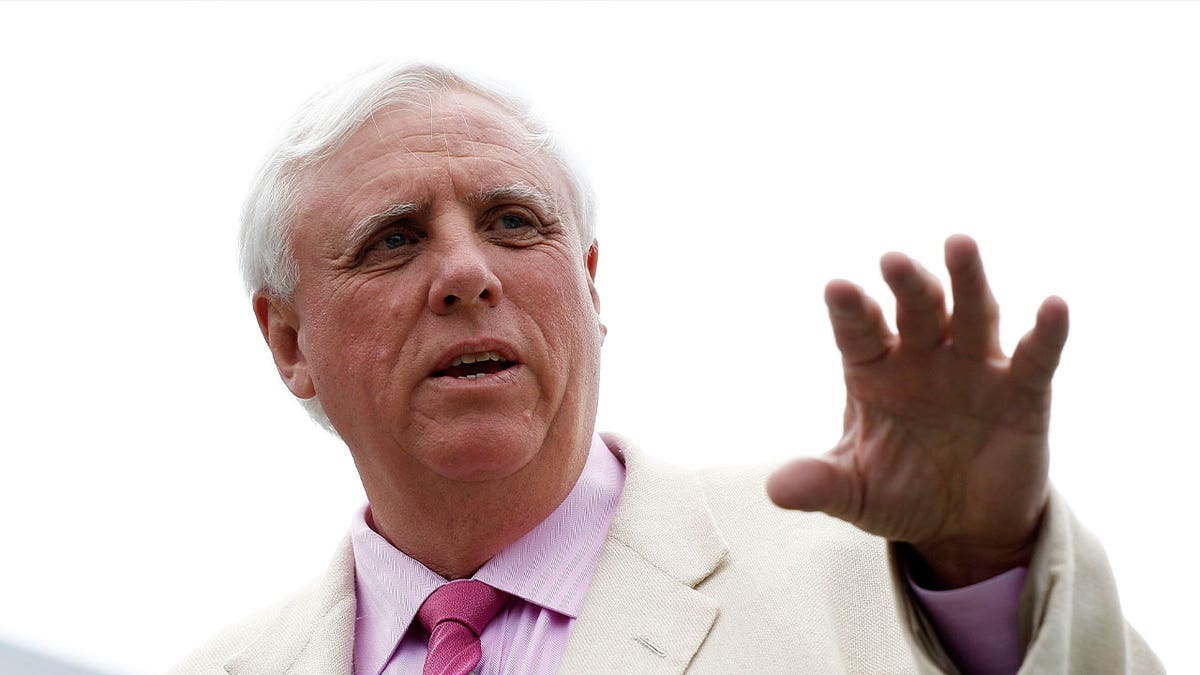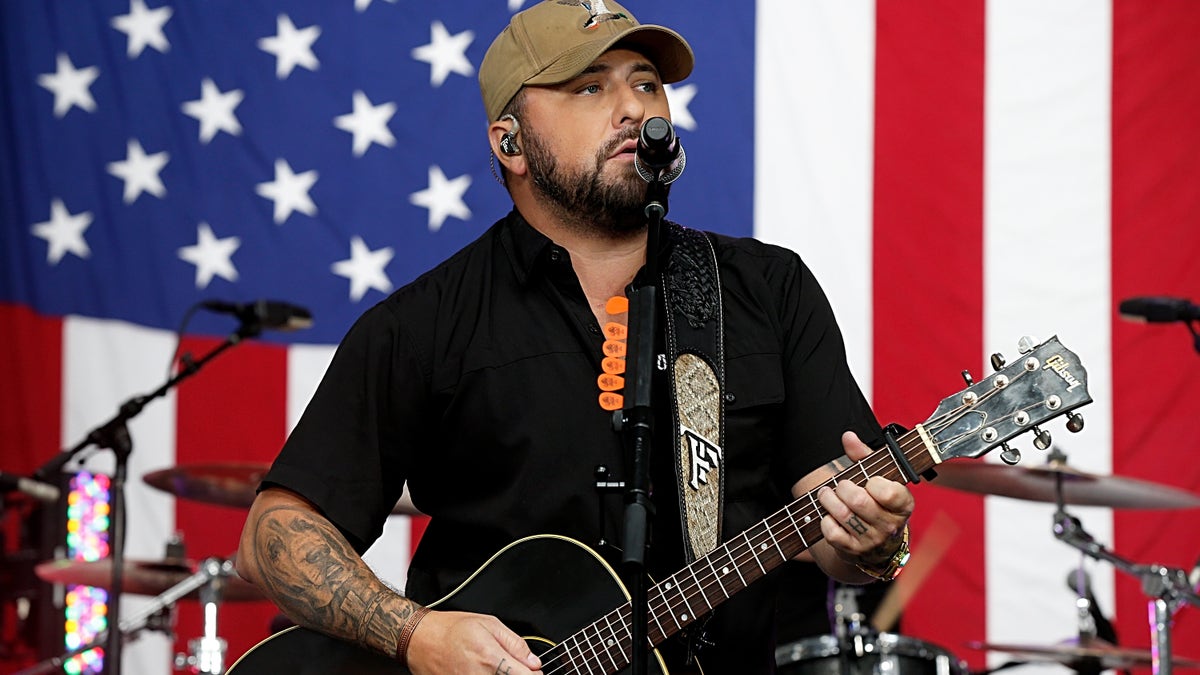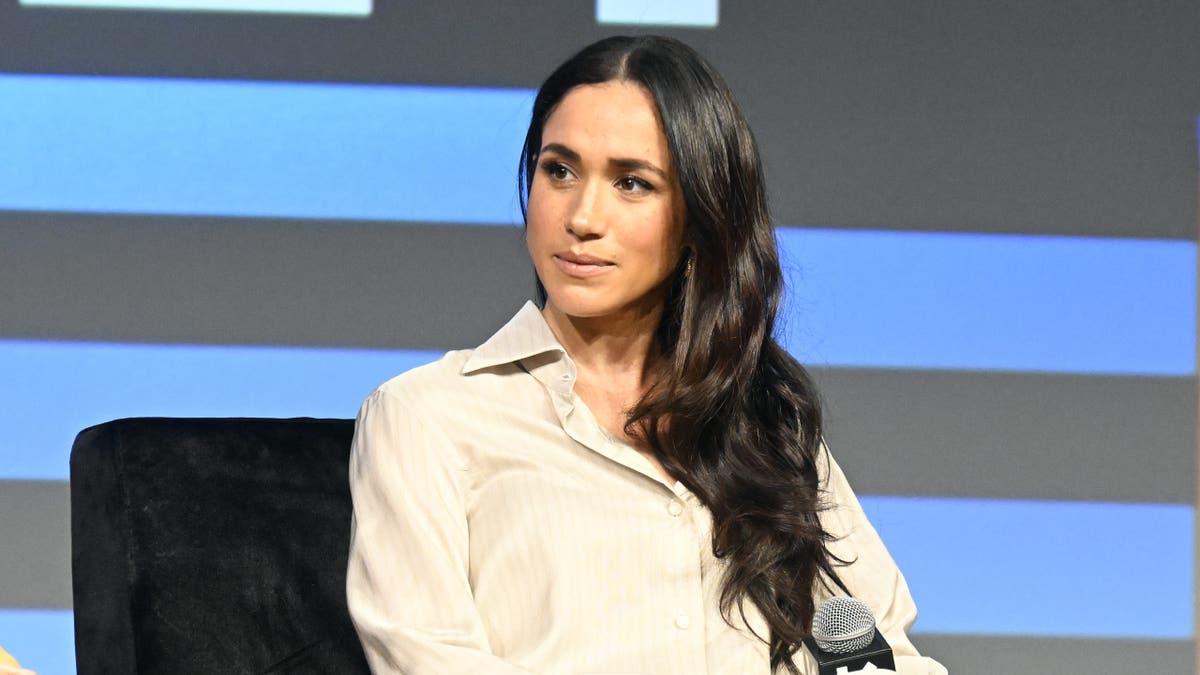The West Virginia Supreme Court of Appeals has reversed a lower court's decision that temporarily blocked the implementation of a 2021 law establishing a charter school authorization board. The unanimous ruling clarifies that Governor Jim Justice, while he appoints the board members, does not have the direct authority to approve charter schools, and therefore, the injunction against him was misplaced.
The original injunction, issued in December 2021 by Kanawha County Circuit Court Judge Jennifer Bailey, briefly prevented the Professional Charter School Board from greenlighting new charter schools. This injunction was stayed in February 2022 pending the state's appeal, which ultimately led to Thursday's Supreme Court decision.
The legal challenge originated from two West Virginia public school teachers, Sam Brunett and Robert McCloud, who filed suit against Governor Justice, House Speaker Roger Hanshaw, and Senate President Craig Blair in 2021. They argued that the charter school law is unconstitutional because it bypasses local voters in the decision-making process regarding the establishment of charter schools within their counties. Their lawsuit contended that the law unconstitutionally diverts essential funding from traditional public schools.

The image above shows West Virginia Governor Jim Justice, who signed the charter school legislation into law. (Scott Halleran/Getty Images)
The state countered that the teachers' lawsuit failed to identify specific actions by the named defendants that they sought to prevent. They emphasized that the Professional Charter School Board, the entity responsible for authorizing charter schools, was not named in the suit, and therefore, the court could not restrict its actions. The state also highlighted that Governor Justice's role was limited to signing the bill and appointing board members, subject to Senate confirmation.
The Supreme Court agreed with the state's position, vacating the lower court's injunction. They underscored that Governor Justice's involvement with the charter school law was confined to its signing and the appointment of board members. The court emphasized that the Professional Charter School Board, the entity directly responsible for charter school authorization, needed to be a party to the lawsuit for the injunction to be valid.








